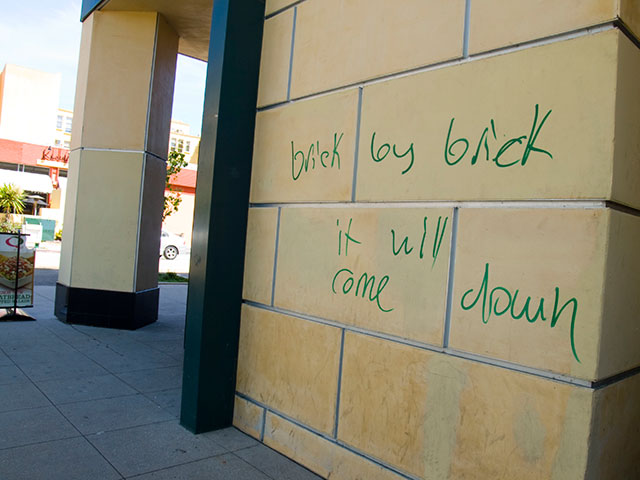LOki
The Yaweh of Mischief
- Mar 26, 2006
- 4,084
- 359
- 85
Really? Then demonstrate.The simple unadulterated fact is that any group of people over more then a few dozen at most that attempts to operate as in anarchy for their NON GOVERNMENT will result in chaos mayhem and the strongest dictating to the majority who and what gets what and when.
Really? Exactly why is that necessarily so?And no organized resistance will occur until someone CREATES a type of Government to run everything.



